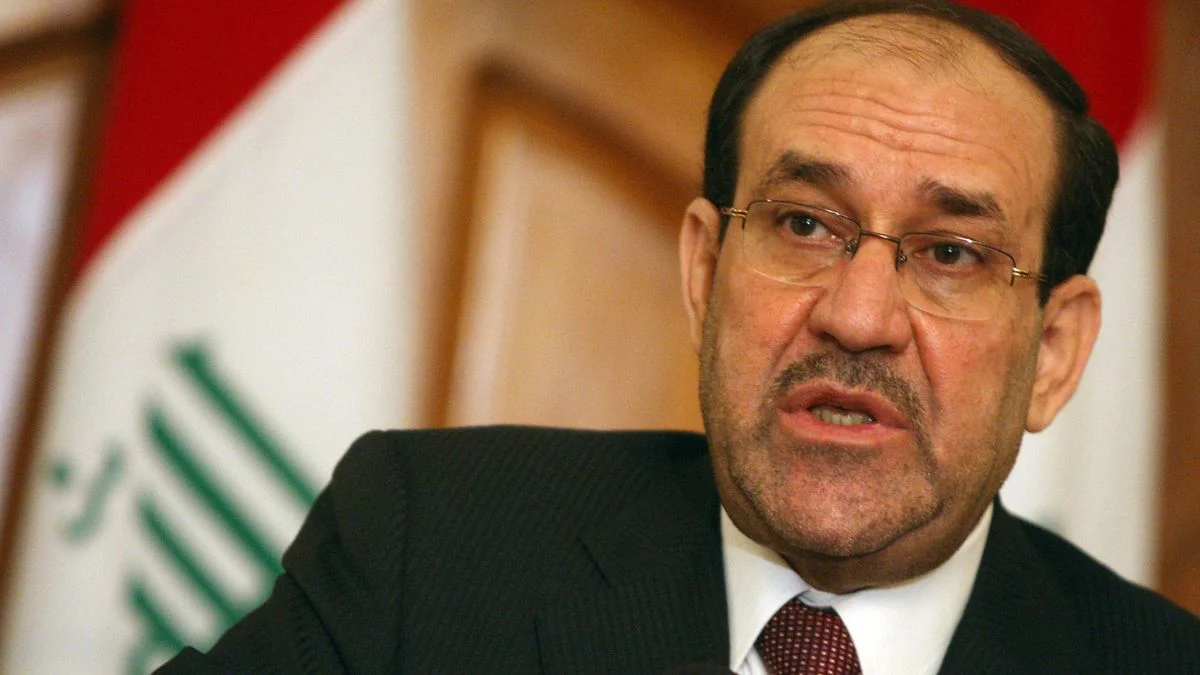The recent visit of the commander of Iran’s elite Quds Force to Baghdad has prompted a temporary cessation of attacks on U.S. troops by Iran-aligned groups in Iraq, according to multiple Iranian and Iraqi sources. This development sheds light on the intricate dynamics within Iraq’s Shi’ite armed factions and political parties, particularly regarding their stance on the presence of U.S. forces in the country.
One of the prominent Shi’ite coalitions in Iraq is the Coordination Framework, which comprises various parties and armed groups and is a key supporter of Prime Minister Mohammed Shia al-Sudani. Despite their shared opposition to powerful cleric Moqtada al-Sadr, the members of this coalition often vie for power and resources. Notable leaders within this coalition include former Prime Minister Nouri Al-Maliki, who has close ties to Iran and vehemently opposes Sadr, and Hadi Al-Amiri, the leader of the Badr Organisation, a significant component of the Popular Mobilisation Forces (PMF).
Another influential faction is the Islamic Resistance in Iraq, an umbrella group of hardline Shi’ite armed factions with close ties to Iran. This group, designated as a terrorist organization by the U.S., has claimed numerous attacks on U.S. military installations in Iraq and Syria. Key factions within this umbrella group include Kataib Hezbollah, known for its close alignment with Iran and accused of orchestrating attacks against U.S. targets, and Haraket Hezbollah al-Nujaba, which operates in Syria and has declared a brigade aimed at challenging Israeli presence in the Golan Heights.
Meanwhile, the Sadrists Movement, led by Moqtada al-Sadr, remains a significant force in Iraqi politics. Sadr, known for his nationalist stance and opposition to foreign interference, commands a sizable militia and wields considerable influence within the Iraqi state. Although Sadr announced his withdrawal from politics in 2021, many anticipate his eventual return given his enduring popularity among impoverished Shi’ites.
Overall, Iraq’s Shi’ite armed factions and political parties display a complex interplay of alliances and rivalries, each with its own agenda regarding the presence of U.S. forces. The recent pause in attacks on U.S. troops following the Quds Force commander’s visit underscores the ongoing negotiations and power dynamics shaping Iraq’s political and security landscape.


